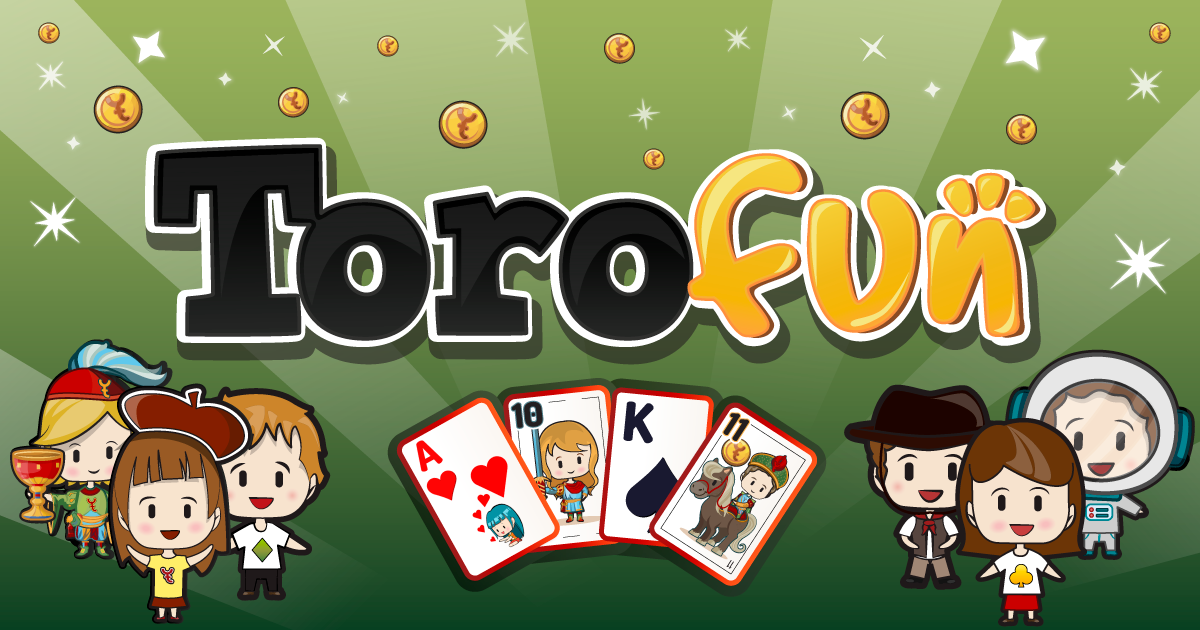Traditional card games have been a popular form of entertainment for centuries. Throughout history, different games have emerged in various parts of the world, each with its own rules and peculiarities. In this article, we will explore some fascinating traditional card games and reveal curious facts about Escoba, Belote, Truco, Buraco, Pocha, Chinchón, Mus, and Tute. Get ready to discover interesting details about these classic games!
Escoba:
- Escoba, also known as Escoba de 15, is a popular game in Spain and other Spanish-speaking countries.
- It is believed that Escoba originated in Italy during the 15th century.
- The objective of the game is to score 15 points using the cards on the table.
- Escoba is named after the broom used to sweep the cards that add up to 15 points off the table.
Belote:
- Belote is one of the most popular card games in France and some Eastern European countries.
- It is played with a deck of French cards, and the goal is to score points by capturing cards in tricks.
- Belote has a variant called “contrée,” which is played with teams of two players each.
Truco:
- Truco is a highly popular card game in Latin America, especially in Argentina, Uruguay, and Chile.
- It is played with a deck of Spanish cards, and the objective is to win tricks and guess how many will be won.
- Truco has its own language, with words and phrases used for bluffing and deceiving opponents.
Buraco:
- Buraco is a card game originating from South America and widely popular in Brazil.
- It is played with two decks of French cards, and the goal is to form combinations of cards to earn points.
- A peculiar aspect of Buraco is that it is played in pairs, with partners sitting across from each other.
Pocha:
- Pocha is a traditional Spanish card game played with a deck of 40 cards.
- The objective of the game is to obtain the highest possible number of points by capturing cards in tricks.
- Pocha is characterized by its betting and auction system to determine the value of each round.
Chinchón:
- Chinchón is a Spanish card game similar to gin rummy.
- It is played with a deck of 40 cards, and the goal is to form combinations of cards and get rid of all of them.
- An interesting aspect of Chinchón is that it has a variant called “chinchón cerrado,” in which players must close their hand without discarding any cards.
Mus:
- Mus is a card game highly popular in Spain and some Latin American countries.
- It is played with a deck of 40 cards, and the goal is to form combinations of cards and guess the opponents’ combinations.
- Mus has a strong cultural tradition and is considered more than just a game, as it involves negotiation skills and cunning.
Tute:
- Tute is a widely played card game in Spain and some Latin American countries.
- It is played with a deck of 40 cards, and the goal is to score points by capturing cards in tricks.
- Tute has a variant called “tute subastado,” in which players conduct auctions to determine the value of each round.
In conclusion, traditional card games offer unique fun and strategic challenges. Each game has its own rules and peculiarities and has left its mark on the culture of different regions. Whether it’s the excitement of Truco in Latin America, the charm of Belote in France, or the skillfulness of Mus in Spain, these traditional card games continue to be popular worldwide.












